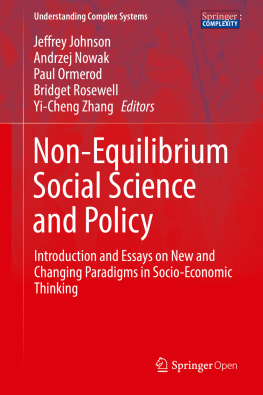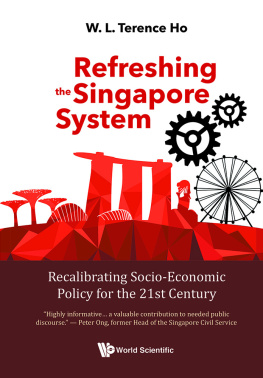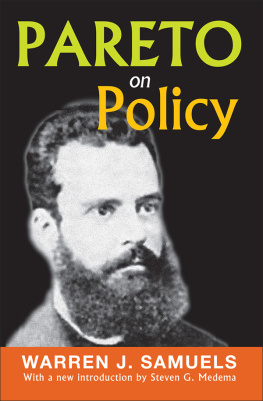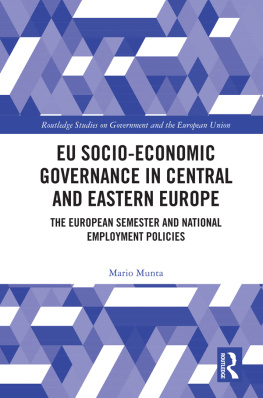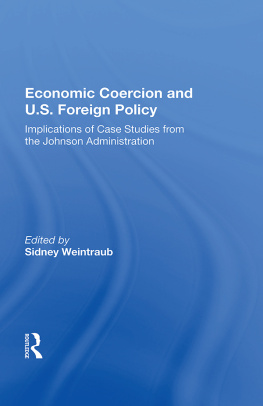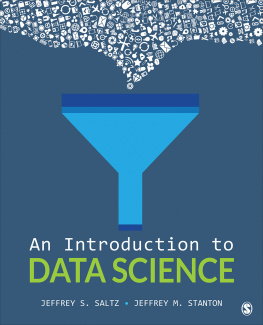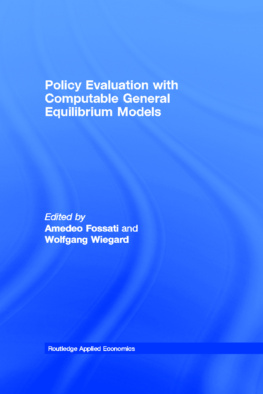Introduction
The European Non-Equilibrium Social Science (NESS) project that ran between 2011 and 2014 investigated the place of equilibrium in the social sciences and policy. NESS had its origins a year earlier in a late night discussion on economics and policy during a conference on complex systems in Shanghai. We were interested in the conundrum that, although orthodox economics had some questionable premises, it was widely used in policy. The purpose of the resulting project was not to reject existing economics, but to learn from and build upon it
We find that mainstream economics is not an empty box. Its fundamental insight, that people react to changes in incentives, is perhaps the only universal law of behaviour in the whole of the social sciences. It may often be difficult in advance to predict exactly what the effects of a change in incentives in any given situation might be. People can be very creative and innovative in how they adapt to change.
For example, do higher taxes on cigarettes improve human health? Higher taxes on products are usually passed on, in whole or in part, to the consumer in the form of higher prices. And higher prices reduce consumption, which in the case of cigarettes must lead to better health outcomes. The first part of the previous statement is very well established empirically in the economics literature. It is the second which is more problematic to establish, precisely because of the inventive ways in which smokers might react to higher prices.
A sophisticated statistical analysis by Adda and Cornaglia of US data across the states, published in the American Economic Review in 2013 [], indicated two further ways in which smokers reacted to higher taxes, in addition to the obvious one of buying fewer cigarettes. First, there was a switch to higher tar brands. Second, making use of detailed data, the researchers showed an increased propensity amongst some groups to smoke further down towards the butt of the cigarette, where the concentration of potentially dangerous substances is higher. So, in essence, some smokers reacted to higher prices by increasing the intensity of their smoking, raising doubts about the positive impact on health which is the intended outcome of higher taxes.
This potential uncertainty of outcome, of predicting how people react to any particular change in incentives, can be readily observed across a wide range of areas. How much impact on crime do longer prison sentences have, and how cost effective are these compared to, say, trying to increase the probability of catching the criminal in the first place by having more police? Governments around the world want to reduce carbon emissions, but how far can higher taxes on energy consumption help them to achieve their aims? The so-called Tobin tax, named after the economic Nobel Laureate James Tobin, on transactions on foreign exchange markets, is often advocated as a way of reducing the number of speculative transactions and thereby dampening volatility. Yet some studies indicate that such a tax might have exactly the opposite outcome and actually lead to markets becoming more volatile.
These examples, and there could be many more, serve to illustrate the point that the human world is complex and difficult to manage. But in all these examples, incentives are at work. When policies change, people react and some, or even all, change their behaviour. This is what economic theory says should happen. And it is what does happen. Policy makers find economics useful for many reasons, but this is perhaps the key one. Economics in this respect gives an understanding of a situation which is based upon scientific principles. It gives the policy makers levers which they can operate. And it describes the outcome of such actions.
In the public perception, there appears to be a great deal of disagreement within economics. Issues such as GDP growth, unemployment, inflationwhat economics describes as the macro economyare frequently discussed in the media. At this level, it is indeed often the case that there are substantial differences of view. During the financial crisis of the late 2000s, for example, some economists were in favour of bank bailouts, others were opposed. Both groups included Nobel Laureates. The disagreements are often not simply about empirics, but about the relevant theoretical framework to use. But at the so-called micro level, where the focus is on how individuals make choices amongst alternatives, such as deciding whether to go to a restaurant or to the cinema, there is effective unanimity amongst mainstream economists on the relevant theoretical approach to use when analysing a problem. This is the rational model of choice, which is examined in some detail in Chapter Economics of this book by Ormerod, and there is little point in anticipating the details of that discussion here. The relevant point for the moment is that it is on this model that economists base the proposition that agents react to incentives.
The differences between economists at this level are essentially about the empirics, about the magnitude of any change of behaviour which has either already taken place as a result of changes to the set of incentives, or which might take place in the future in response to a change which is envisioned now by policy makers. Economics has become much more empirical at the microlevel over the course of the past two decades. In his chapter Ormerod argues that this is due to two factors [] Without the rational framework, there are no anomalies from which we can detect misbehavior (p.251). He goes on to say the real point of behavioral economics is to highlight behaviors that are in conflict with the standard rational model (p.261). So, behavioural economics is strongly linked to the mainstream model of economic theory. It does not discard the precepts of economic rationality and offer instead a different general model of economic behaviour.

